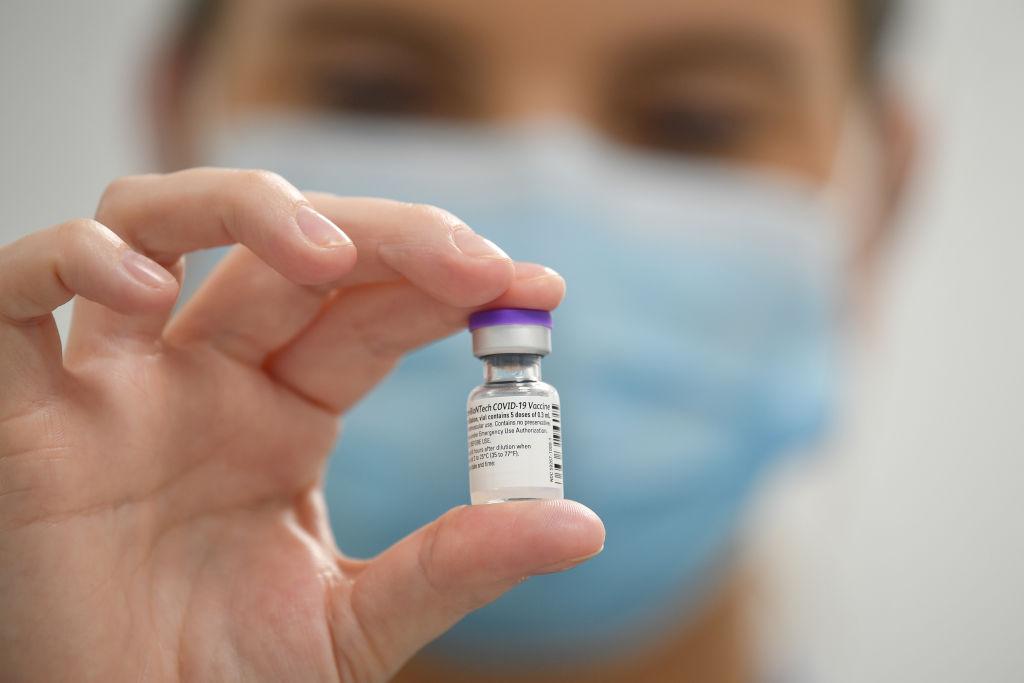The NHS has been asked to prepare to vaccinate 16 to 17 year olds “as soon as possible,” Health Secretary Sajid Javid said on Wednesday.
It comes after the Joint Committee on Vaccination and Immunisation (JCVI) published its recommendation to offer one dose of Pfizer/BioNTech COVID-19 vaccine to everyone in the age group.





